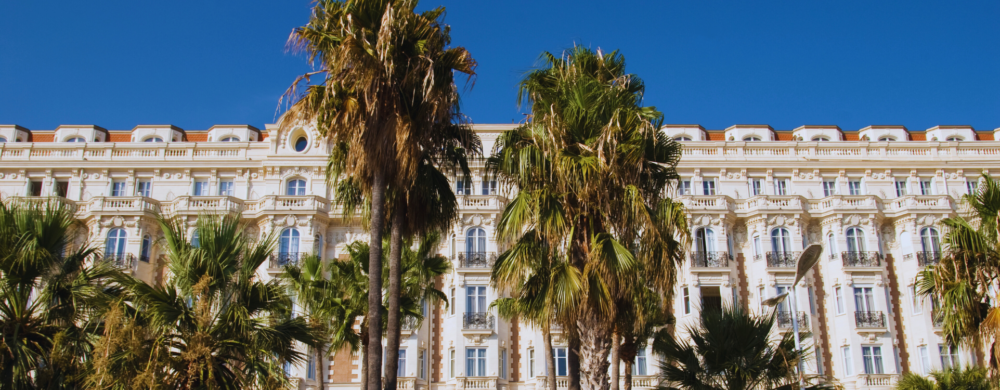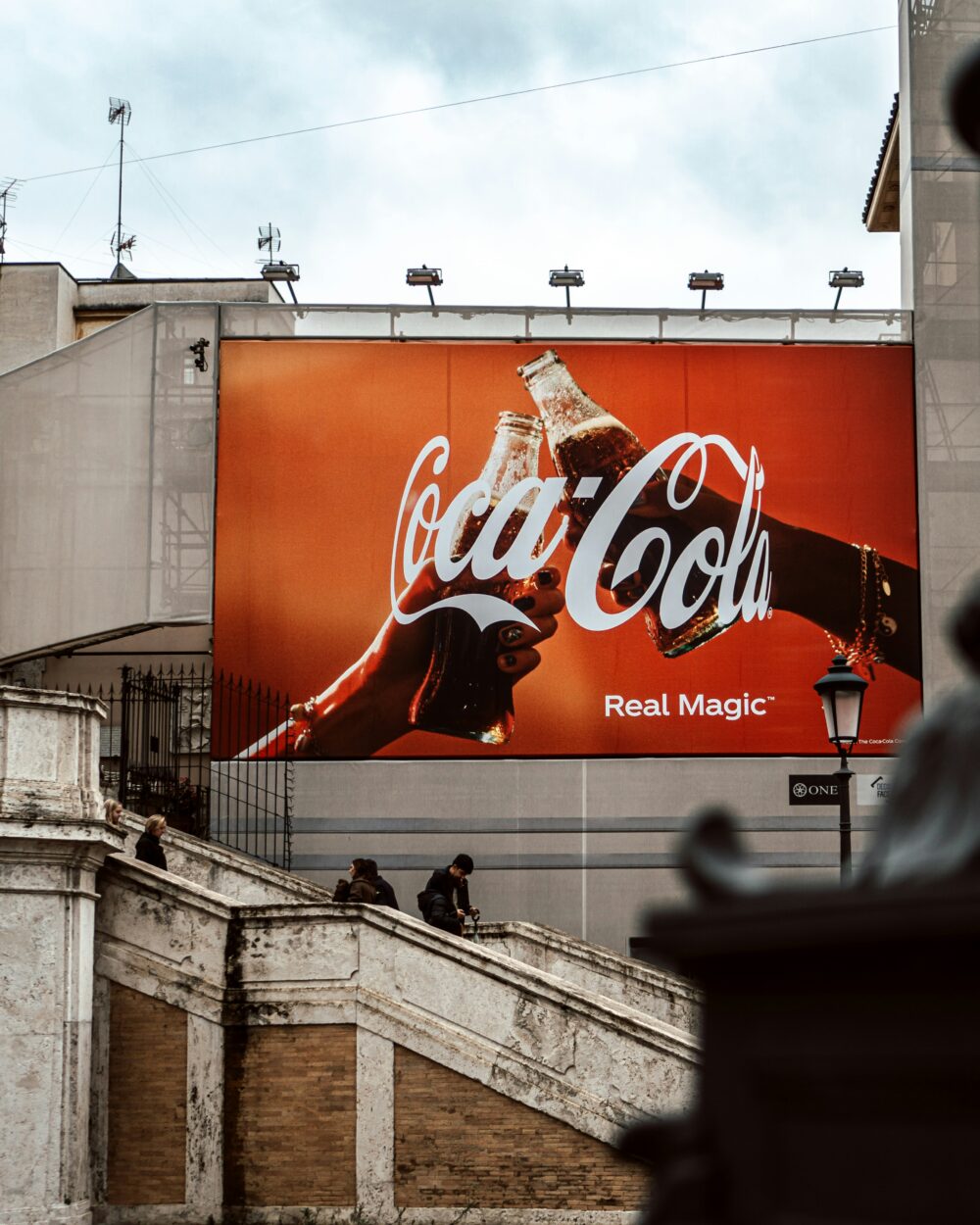If you are travelling to Brazil, or even if you are simply a language learning enthusiast enchanted by the Brazilian culture, this article will appeal to you. Here you can learn some incredibly useful phrases in Brazilian Portuguese, which will not only help you to get around the country, but also to mingle with the locals and hopefully make you sound like a native Brazilian.
So without further ado, here they are!
Starting a conversation
Oi, tudo bem? (oh-ee tooh-doh beng?)
The ice-breaker “hi, how are you?” is a hugely common informal greeting in Portuguese, being the first thing you say when starting a conversation.
The response to this question is also “tudo bem” (“all good”).
And if you want to extend the conversation by giving your name and asking the other person their name:
“Meu nome é (your name) e você, como se chama?” (mee-o naw-mee eh (your name) ee vaw-seh, koh-moh see sha-ma?)
(How good is that – you’ve made a Brazilian friend right there!)
When socialising at a bar
Uma cerveja, por favor. (ooh-mah sehr-veh-jah, poorh pha-vohr)
Even during winter in Brazil, temperatures can be pleasantly warm. And even when it’s not super hot, an icy cold beer (or “estupidamente gelada” (stupid-a-men-she djeh-lah-dah), as Brazilians would say) is a popular drink all year round. Don’t mind if we do…
Para qual time você torce? (Pah-rah kwahl chi-meeh voh-say toh-see?)
This means, “What team do you support?”
Brazilians (if not all, at least the majority!) are passionate about football. Many of them follow games that are not even held in Brazil, such as the English Premier League, and European cups.
Football can be a very simple and easy way to bond with a Brazilian. Try it!
Asking for directions
Por onde é o banheiro, por favor? (poh ohn-deh(zhee) eh oh bah-nyay-roh, poorh pha-vohr?)
A simple (and very useful!) sentence which you might use if you are in a restaurant, bar, stadium, a friend’s house or anywhere really when you need to find your way to the toilets – no funny mimes or hand gestures needed!
And if you need to ask how to get somewhere else, you can use “Como eu chego no(a) (name of the place)?”. (koh-moh ay-oo shay-goh noh(ah) (name of the place?)
For example:
Como eu chego no estádio? (How do I get to the stadium?) (koh-moh ay-oo shay-goh noh ehs-tah-djee-oh?)
Como eu chego na padaria? (How do I get to the bakery?) (koh-moh ay-oo shay-goh nah pah-dah-reeah?)
Como eu chego hotel? (How do I get to the hotel?) (koh-moh ay-oo shay-goh noh awe-tell?)
And so on!
Shopping
Hoje não, obrigado(a). (awe-djee now, oh-bree-gah-doh(ah))
If you are relaxing on the beach in Rio, you will inevitably come across many street vendors, or, should we say, “beach vendors”.
Beach vendors walk past trying to sell their products and attract distracted potential customers. You’ll see that they sell kites, towels, snacks, drinks or really whatever else you can think of!
The vendors are normally very friendly, but they can also be very insistent in an attempt to sell their wares. By using the phrase “Hoje não, obrigado(a)!” (“Not today, thanks”), you are telling them in a friendly but clear manner that you are not interested in buying anything.
Oh and an extra tip here – if you are male, the correct word would be “obrigado”, and if you are female, “obrigada”.
Quanto custa?
If you do want to buy something, and you need to know how much it costs, “Quanto custa?” (kwahn-toh koos-tah?) is what you should say.
You can also use the shorter “Quanto é?”(kwahn-toh eh?), which means “How much is it?”
And if you are feeling really adventurous and want to bargain, try “Você faz por (suggested price)?”(voh-say fahz poh (suggested price)?). This means “Can you do it for x price?”.
In case you cannot understand the other person
Desculpe, não entendi. Você pode repetir, por favor? (jees-kuw-peeh, now en-ten-djee. Voh-say paw-djee heh-pe-chih, poorh pha-vohr?)
This comes in handy if you have difficulty understanding what someone says. It means “I’m sorry, I didn’t understand. Can you repeat it, please?”. Let’s face it, we’ve all been there!
The phrase “Mais devagar, por favor” (“Slower, please”) (mice deeh-vah-gar, poorh pha-vhor?) is also useful if you need to ask someone to speak more slowly…
Although not many people can speak English in Brazil, Brazilians are normally friendly and very hospitable, and they will not hesitate to try to help make “gringos” (Brazilian people’s affectionate name for “foreigners”) feel at home.
And if you are more than a tourist…
If instead of flying over to Brazil for Carnival you are looking to expand your business in Brazil, get in touch with us today on +44 (0)207294 7710 or email us at info@creativetranslation.com and find out how we can help you reach the market of the largest country in South America.
Here at Creative Translation we always work with professional native translators who are trained in a wide range of specialist fields including subtitling, marketing, advertising and website localisation.
And if you would like to read more about how localising your content can improve your sales, be sure to check out our post on website localisation here.
Photo by Raphael Nogueira on Unsplash




